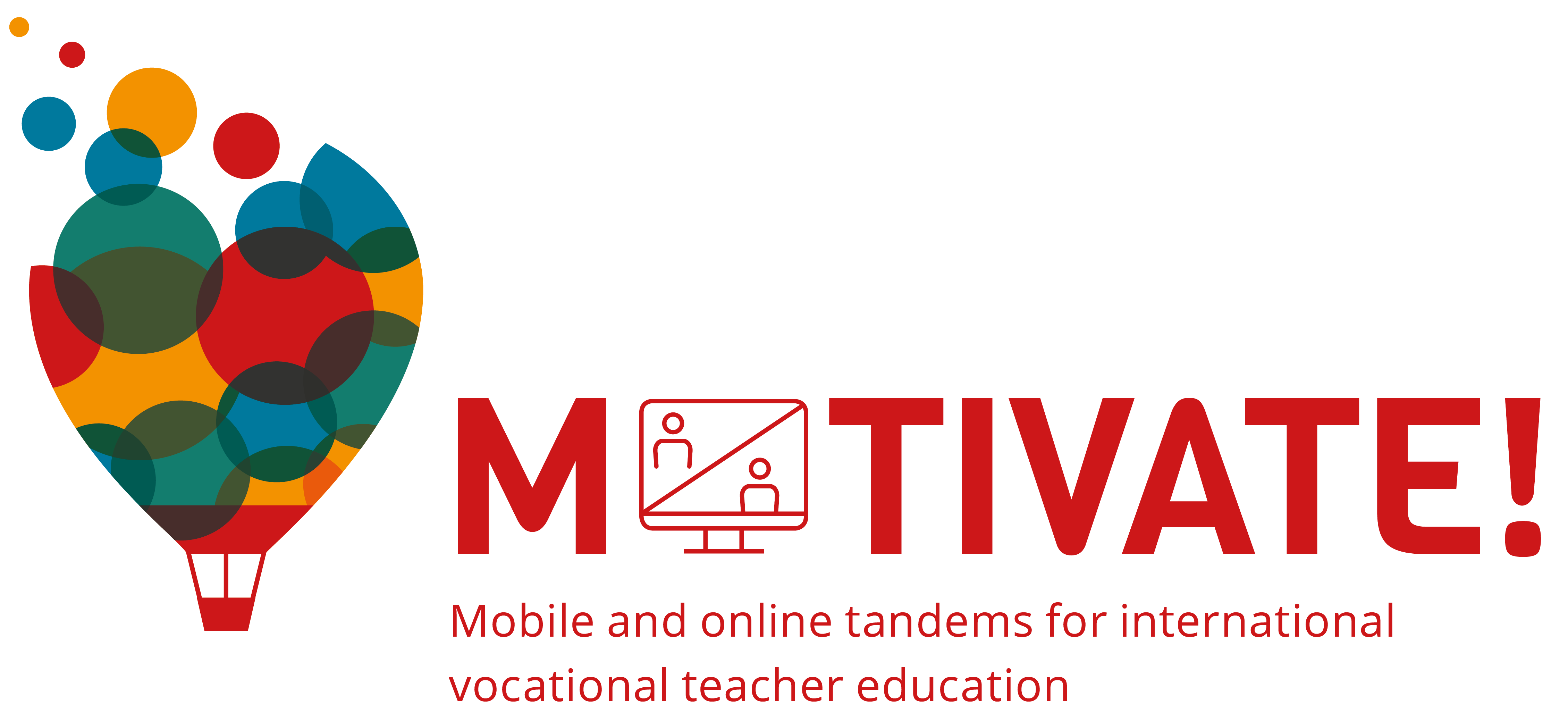- 14/02/2024
- Posted by: MOTIVATE students
Are students across the globe meeting academic expectations, and perhaps more importantly, do they feel a sense of belonging in school? In this blog-post, we delve into the latest insights from the 2022 PISA results. We will explore trends in mathematics, reading and science performance, alongside student’s sense of belonging. We will present graphs, and focus on comparing and reflecting about the trends in three countries; Australia, Germany and Norway.
We noticed a fluctuating trend in Germany and Norway over time, where the students have kept going above and below the OECD average from year to year. Around 2014, both of the countries dip below the OECD average in all the skills. Norway and Germany share similarities in their approach to addressing differences and embracing technological advancements in society, perhaps explaining the parallel trends. Notably, they rely on public education systems.
Surprisingly, Norway, recognized for its technological advancements, performed lower than Germany in most skills. This raises intriguing questions about the potential links between technological advancement and educational outcomes, as in our experience, Norway has come further in technological advancement in schools than Germany. Australia, on the other hand, surpasses the OECD average, despite a similar downward trend. A unique aspect here is that approximately 80% of Australian schools are private, with widespread integration of technology; nearly 90% use digital learning software.
The paradox of declining trends amid technological advancements prompts us to question the balance between evolving educational methodologies and meeting the demands of technology. Could this be an indication that schools worldwide need to reconsider their approaches to teaching and learning in the digital age?
Overall it seems that the students in all three countries are enjoying school, especially in Norway. However, an average of 30% of students that did not agree with the statements “I make friends easily in school”, “I feel like I belong at school” and “Other students seem to like me” feels pretty alarming to us. That is a bit less than 3 out of 4 students in a class. Inclusivity and well-being should be more prioritized to make sure everyone does and feels well in school, rather than only work with these skills. If the students enjoy school, they will be more motivated and perform better. Both the skills and the students’ experiences in school forms an important foundation for performing well, being able to participate, and making accomplishments in school-, work- and social-life.








